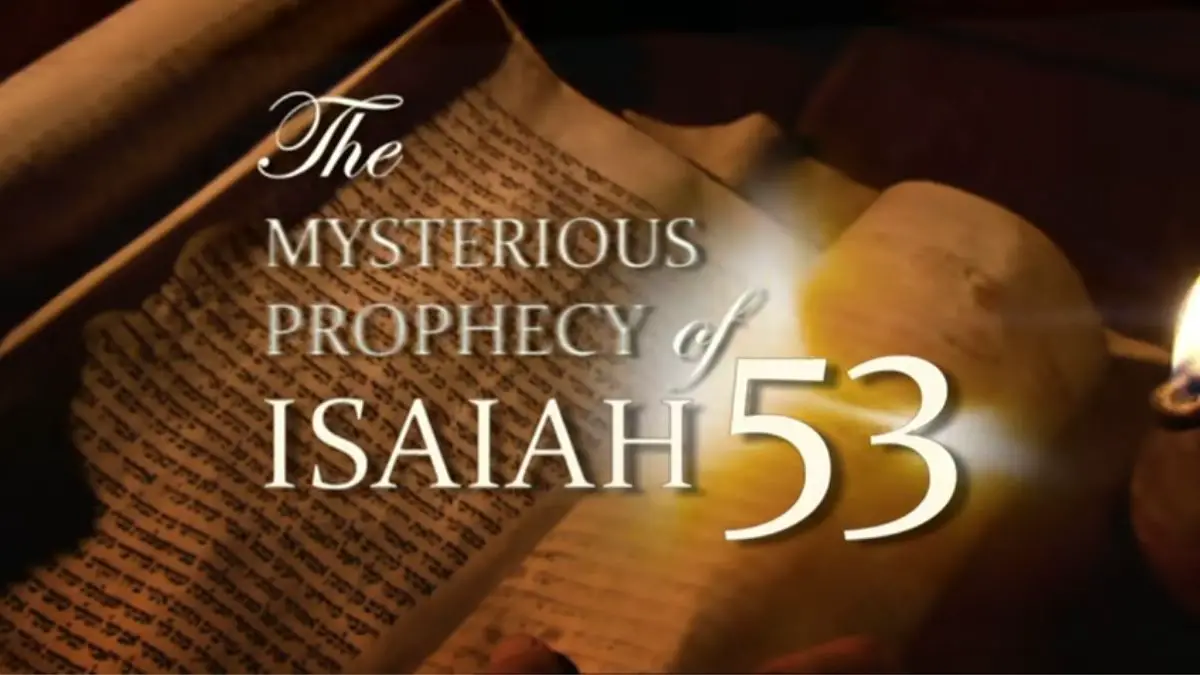When we ask about the identity of the suffering servant in the forbidden chapter Isaiah 53, there are multiple answers given. To a significant extent, everything hinges on the question is predictive prophecy possible? Is it possible for God to inform us of what will happen in the future? If you believe that, then it makes all kinds of sense to say it’s talking about Jesus Christ. So much of that poem, relates directly to his life.
And of course, we’re told in the book of acts, that the Ethiopian eunuch was reading this chapter in his chariot on the way back home from a pilgrimage to Jerusalem. Philip is sent, and that man had the same question we’re dealing with here. Who is this man? Is it the prophet, or is it someone else?
Philip began to teach him about Jesus Christ. Now, where did Philip get this information, where did Philip come to understand, that Jesus is the fulfillment of that passage.
I think he got it from Jesus, who else? So, if we believe in predictive prophecy, then I think there is no problem at all in accepting. By the way, this is the fourth servant passage: the first one is in Isaiah 42, the second one in is Isaiah 49, the third in Isaiah 50, and the fourth the climax is here in forbidden chapter Isaiah 52:13 to 53:12. So, it’s not just standing on its own, it’s part of a whole.
If you do not accept the possibility of predictive prophecy, then the field is wide open. One possibility is that it is second Isaiah, the supposed author of chapters 40 to 55, who suffered because he predicted that they would be set free, but died, or some say it is Jeremiah who suffered.
So, on behalf of God and God’s word to his people, it was a certain leper who was known to the exile in Babylon, and they saw his death all the way through here though, the problem is substitution for our sins, our sorrows. If you make him a sin offering, he will see, he will see his life’s work accomplished. If it’s not Jesus Christ, and one of these others, that element of substitutionary atonement, which is a clear expression of the chapter becomes very problematic.


